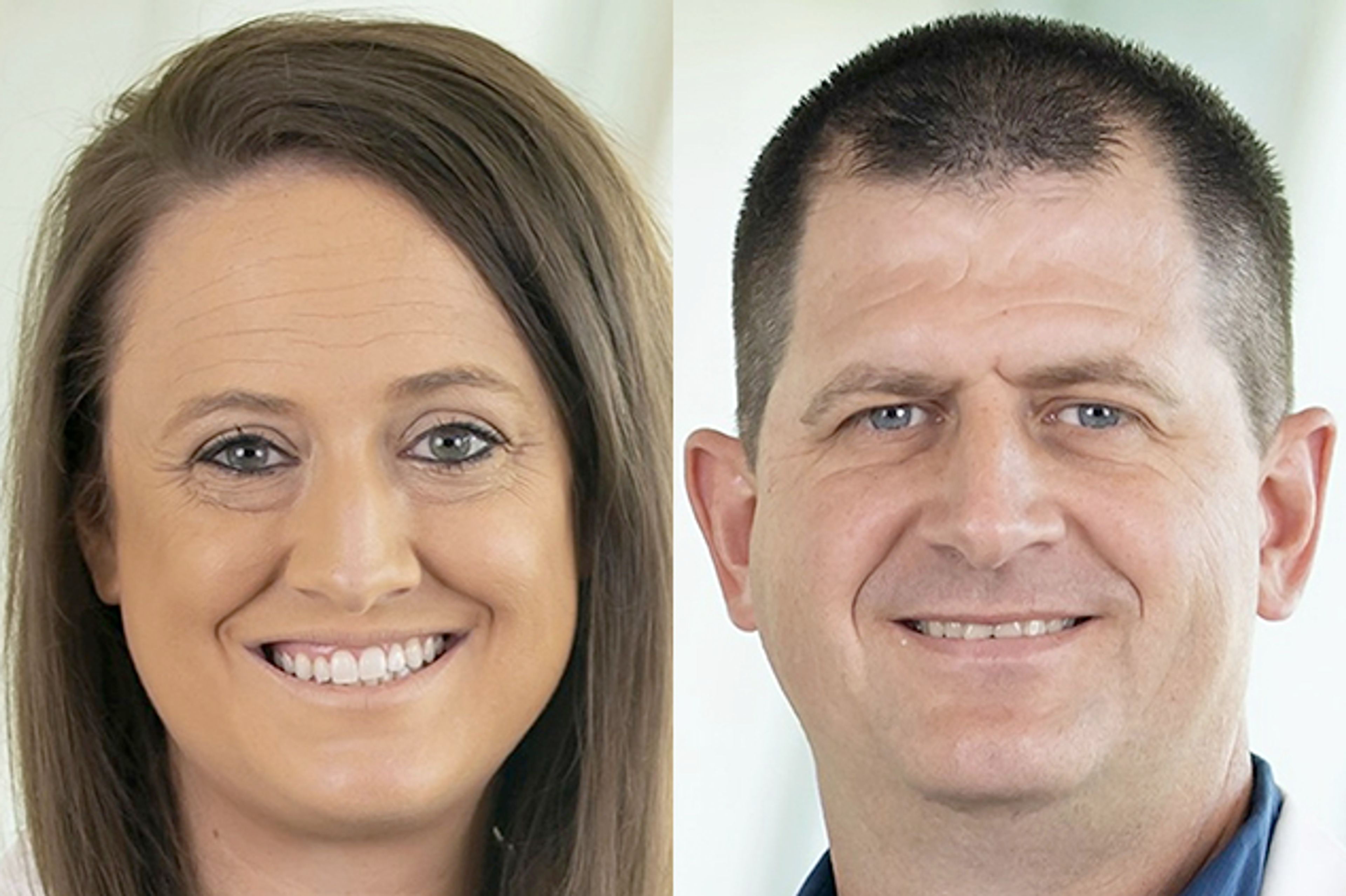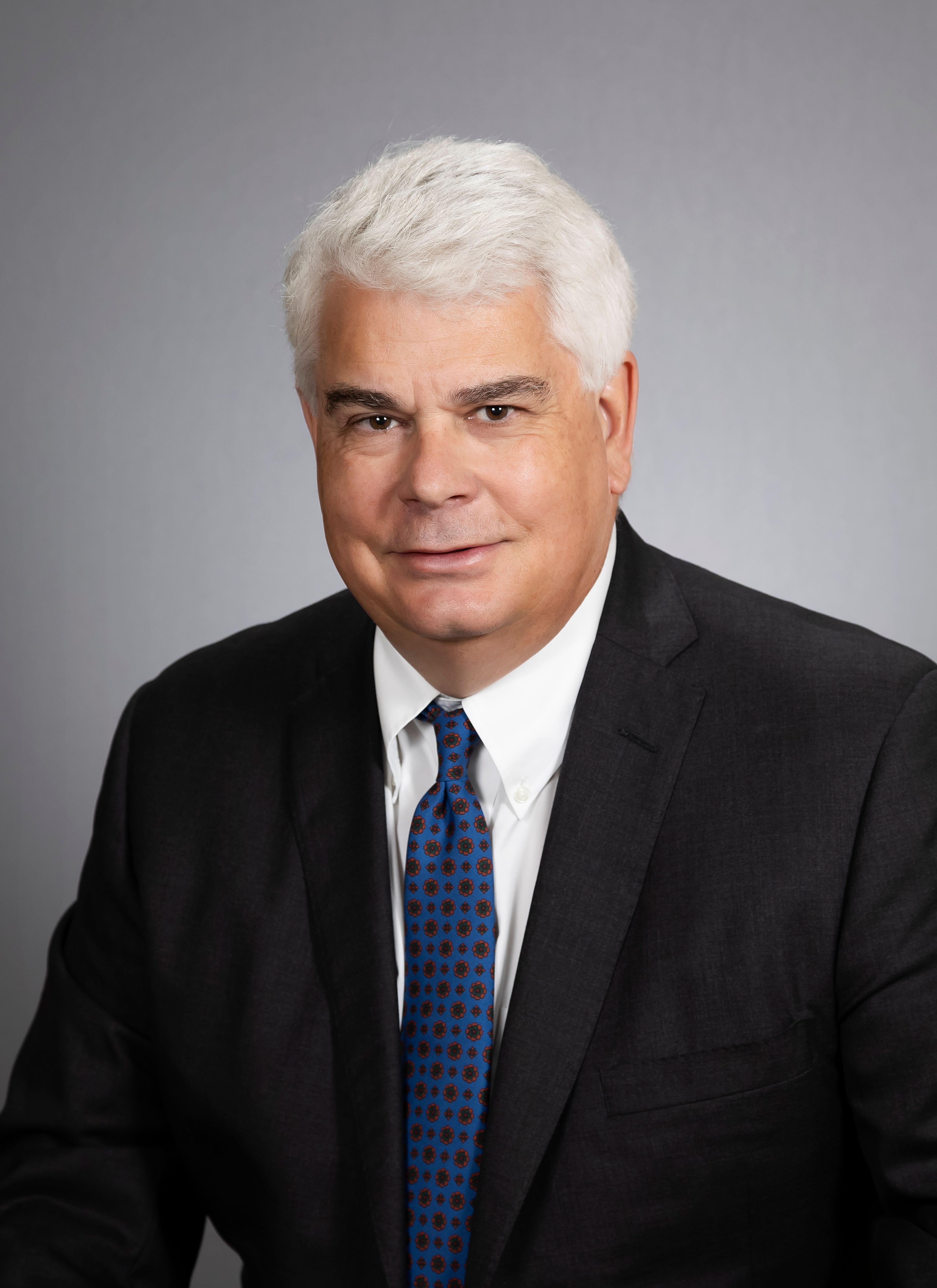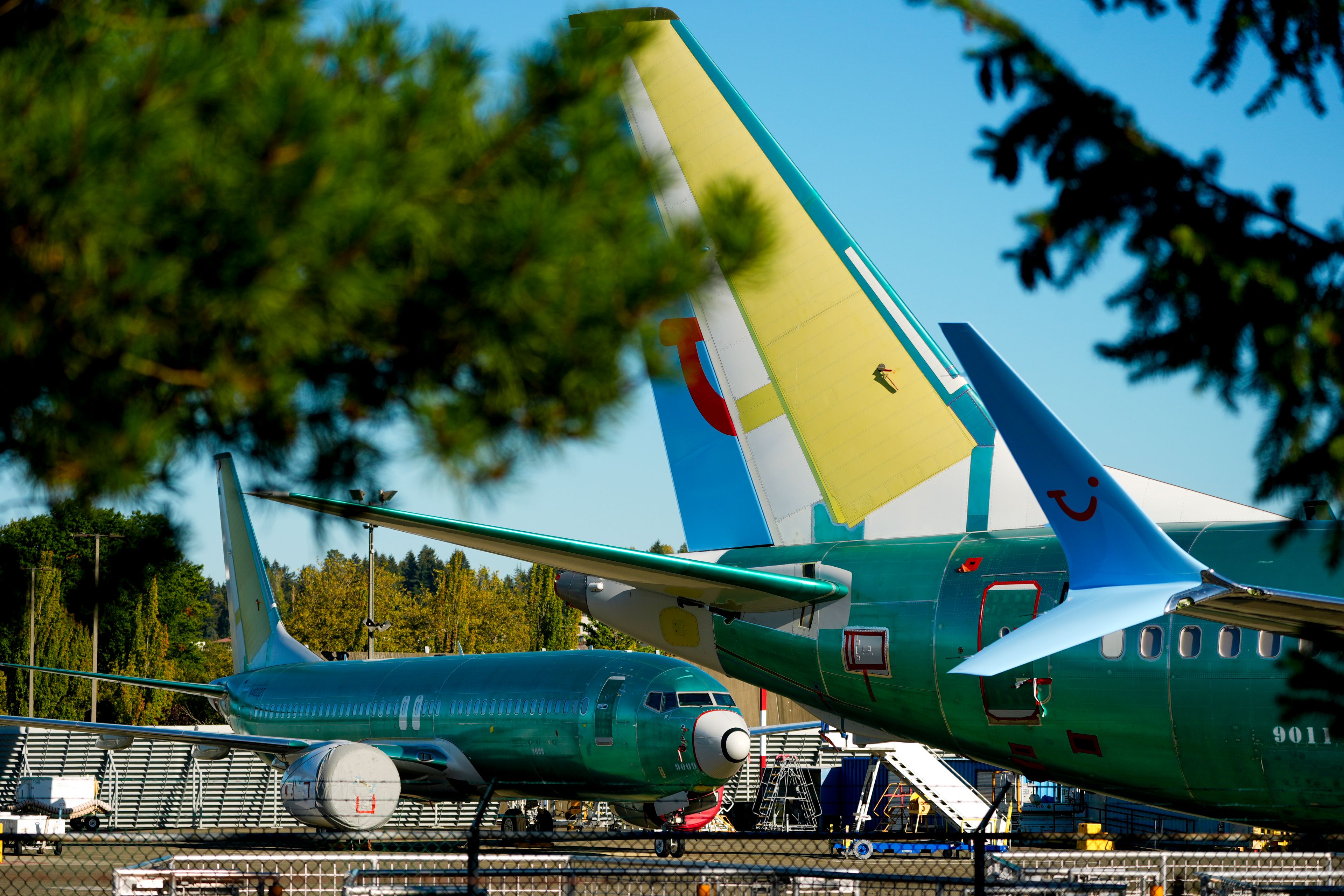Businesses wheeling, dealing to gain a foothold in Iraqi market
and Brad Foss ~ The Associated Press Companies specializing in security, construction, energy and telecommunications will benefit first from the lifting of economic sanctions in Iraq, where U.S. government contracts offer chances for big profits...
and Brad Foss ~ The Associated Press
Companies specializing in security, construction, energy and telecommunications will benefit first from the lifting of economic sanctions in Iraq, where U.S. government contracts offer chances for big profits.
But judging by the brisk business in the streets of Baghdad for everything from satellite dishes to washing machines, there will be lots of other opportunities for Western companies once some law and order is brought to the country's unruly marketplace.
Hundreds of U.S. businesses are lining up, while some entrepreneurs and well-connnected contractors already are moving in, making deals in an environment marked by violence and shady characters and paving the way for the many to follow.
With few official channels so far for international commerce, the wheeling and dealing is taking place in the lobbies of unassuming apartment buildings and in the dining rooms of hotels. Secretive businessmen mingle with U.S. government officials -- and shoo away unexpected visitors. Ammunition for firearms is carried out in the open.
'Everything is bribes'
It is under these conditions that people like Rubar Sandi, 49, currently operate. An Iraqi Kurd who left in 1976 and now the chief executive of a Washington-based investment bank, Sandi is initiating a host of ventures in this oil-rich country just weeks after the military conflict officially ended.
He is investing $20 million to build a Baghdad convention center with a hotel, tennis courts and a pool. He is cobbling together an array of products and services future wheeler-dealers might need when they arrive: armor-plated SUVs, security guards, interpreters and market analysts, to name a few.
"Business is so corrupt and everything is bribes," Sandi explained Thursday in an interview at the Hotel Ekal, which was packed with advisers to the U.S. government and guarded by Iraqis in civilian clothes. "And you get threatened. Everything is whom you know and what you pay." Sandi professes to be squeaky clean as far as bribes go.
Contacts in the region are also paying off for New Global Initiatives, a Bethesda, Md.-based company founded by Americans and Iraqi emigres that has a reconstruction subcontract valued at $2.6 million.
With additional grants from the U.S. government, NGI imported a prefabricated building from Kuwait to serve as a town council in the southern port city of Umm Qasr and it helped renovate a firehouse in Kirkuk, an oil-producing city to the north.
NGI's chief executive, Bob Adams, who participated in humanitarian work for decades before founding NGI, said he is motivated by a desire to help the people of Iraq. But he's also pragmatic and knows his early participation in the reconstruction of Iraq will likely yield further dividends down the line.
"We hope to develop very good relations with whatever government is erected out of all this," Adams said. He added: "We'll build 10,000 homes if that is what they want."
From bust to boom
The recent lifting of sanctions against Iraq has been a particular boon for Globalstar, a San Jose, Calif.-based satellite-phone provider that, while sanctions were in place, had to block service to customers once they entered Iraq.
"When we threw the switch and turned on service, we went from no business at all there, to the highest volume of usage in any country in the world" served by Globalstar, company spokesman Mac Jeffery said.
Globalstar's customer base in Iraq includes U.S. forces and companies, and is on pace to log nearly 1 million minutes of service this month. Calls to Kuwait cost $1 per minute, while calls to London, Canada or anywhere in the United States are $1.20 per minute.
The real money, Jeffery said, will come when the U.S. military presence dwindles and the country is more easily navigable by foreign businessmen. "In Afghanistan, it was after the war that our business took off and it is still climbing today," Jeffery said. "The same story is playing out in Iraq."
As interest in doing business in Iraq grows, a cottage industry is sprouting up around it.
For example, World Trade Executive, a Concord, Mass.-based publisher last month launched a twice-monthly newsletter called "Iraq Reconstruction Report," a partnership with Dow Jones, and Pillsbury Winthrop, an international law firm based in San Francisco, recently created a team of attorneys dedicated specifically to Iraq-related business.
"A handful of people have approached us, but we expect there will be a lot more," said Ayaz Shaikh, a partner in the law firm who refused to name clients.
Oil and Bechtel
While the U.N. Security Council's recent decision to lift sanctions in Iraq formally makes the country open for business, the reality is that Iraq is still impenetrable for most Western companies -- save for the oil trade and those tied to the reconstruction effort led by Bechtel, the San Francisco engineering firm that was awarded a U.S. government contract that could be worth $680 million.
There is no passenger airline serving Iraq, no central bank and no justice system, although these institutions are being developed with the help of U.S. companies and officials. First, however, is the need to make Iraq safe.
One recent evening, Sandi stood outside the Ekal Hotel to get a signal for his satellite phone when a gun battle broke out on a nearby street. "I've got to run because there's a shootout, and it's right here!" he told a caller, and then hung up.
Thousands of miles away, many U.S. businessmen are scrambling merely to figure out how they can participate in the reconstruction and development of Iraq.
"I'd just like to have the opportunity for somebody to see our product," said James Williams, chief financial officer of Compact International, a Los Angeles-based manufacturer of commercial and industrial furniture whose customers include Home Depot.
"I'm just hoping that it's who's got the best deal, the best price," he said. "I'm hoping we can go in there and get even a small contract and show what we can do."
"I don't think that you've got to know somebody, but it might help," he said.
Fierce competition
Williams hopes to learn more in early July, when the U.S.-Iraq Business Council -- of which Sandi is the president -- holds a seminar in Washington titled "The Iraqi Reconstruction Conference." Representatives of USAID, the United Nations and other agencies are scheduled to explain how contracts are awarded.
"Since the sanctions have been lifted, the interest has been tremendous," said Emine Cetinkaya, one of the council's directors.
With "very fierce" competition for government contracts, Cetinkaya said more and more companies are sending representatives to the region to make contacts locally.
These freewheeling types may gain an edge on some rivals by getting to Iraq first, Cetinkaya said, but they are also taking huge risks with their lives and their businesses.
Despite widespread poverty in Iraq, there is demand for TVs, computers, electrical heaters, car parts and even fresh fruit. It's just that few people can afford to buy these products.
Abdul Rahman Al-Tahir, a 72-year-old Baghdad resident who has worked as a construction supervisor and an engineer and is now a hotel clerk, has a bit of advice for Western businessmen: "If you bring more, prices will drop down, and people will be able to buy."
Connect with the Southeast Missourian Newsroom:
For corrections to this story or other insights for the editor, click here. To submit a letter to the editor, click here. To learn about the Southeast Missourian’s AI Policy, click here.





